|
Tomorrow is World Water Day — an annual event that provides an opportunity for taking stock, and coming up with new plans and ideas. This year the theme is ‘Leaving no one behind’, a reminder that everyone must have access to water and benefit from its resources.
But efforts to ensure the supply of freshwater for decades to come in northern and eastern Africa are being severely hampered by political differences. Eleven countries will be affected by the massive Grand Ethiopian Renaissance Dam when it’s completed. It’s this complexity that’s held up progress in getting a deal done that meets everyone’s demands. Shimelis Dessu sets out why it’s urgent that a better relationship is brokered soon and
disagreements set aside.
Further south on the continent, the city of Cape Town recently published a draft strategy for water supply and management for comment. Jasper Knight argues that the draft strategy is missing important elements.
Groundwater reservoirs of freshwater, or aquifers, are water sources that are often taken for granted. These have been used for centuriesfor drinking and agricultural purposes. But they are being abused by the public and even by governments. As a result they are under threat. Gaathier Mahed explains how we can recharge aquifers in a controlled way so that water can be “banked” underground and used later.
Groundwater isn’t the only thing that can be harvested for later. Maimbo Malesu explains several ways in which rainwater can be harvested in Kenya.
|
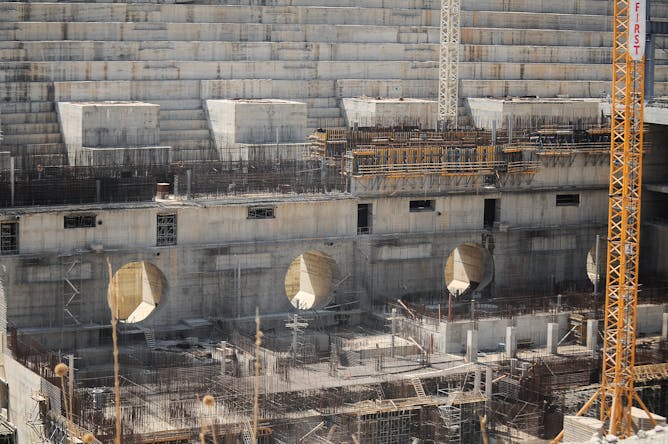
Ethiopia’s Grand Renaissance Dam, which is under construction, is a source of anger for Egypt.
EPA-EFE/STR
Shimelis Dessu, Florida International University
It's important for the Nile nations to make Ethiopia's planned dam work for all.
|
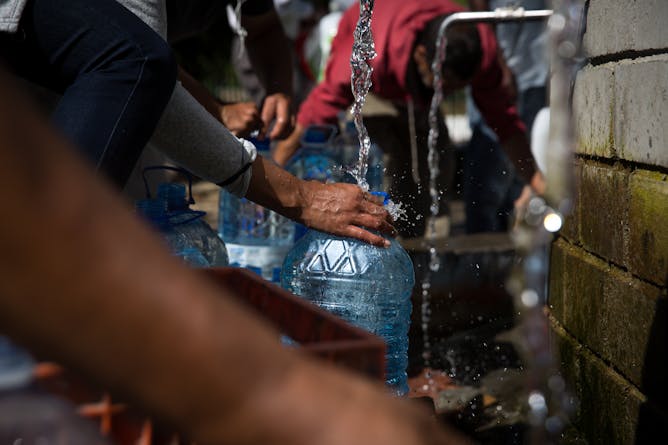
What lessons were learnt from Cape Town’s “Day Zero”?
Shutterstock
Jasper Knight, University of the Witwatersrand
Cape Town's draft strategy on water supply is out for comment, but important elements are missing from it.
|
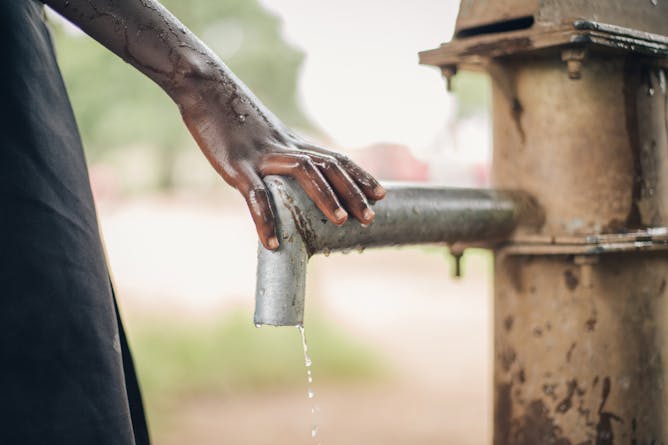
Banking water ensures a steadier, reliable supply in future.
Shutterstock/Gilles Paire
Gaathier Mahed, Nelson Mandela University
Banking water minimises the impact of evaporation and means that water can also be recycled from various sources.
|
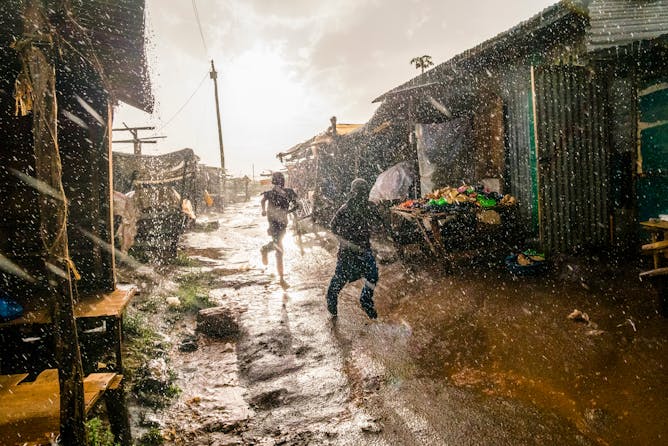
About 40% of Nairobi’s water supply gets lost on the way to consumers.
Shutterstock/Sopotnicki
Maimbo Malesu, World Agroforestry Centre (ICRAF)
The beauty of rainwater harvesting is that anybody can do it.
|
|
|
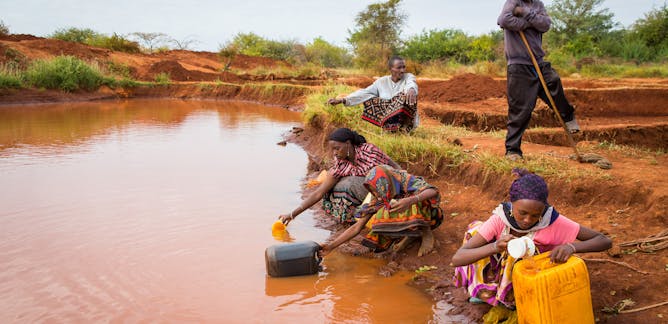
Jeremias Mowo, World Agroforestry Centre (ICRAF)
Declining water quantity and quality means people have to travel further to find good water sources.
| |
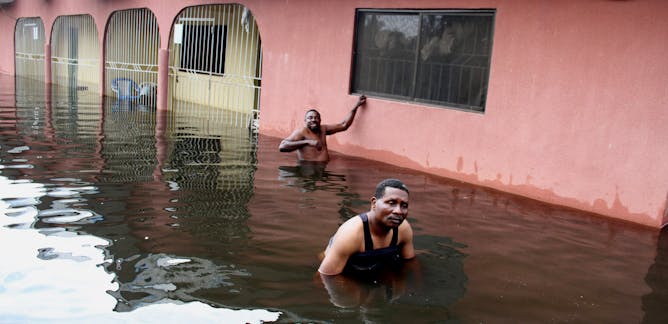
Nelson Odume, Rhodes University
Flooding seems to be an inevitable reality for Nigeria. But the risks can be minimised.
|
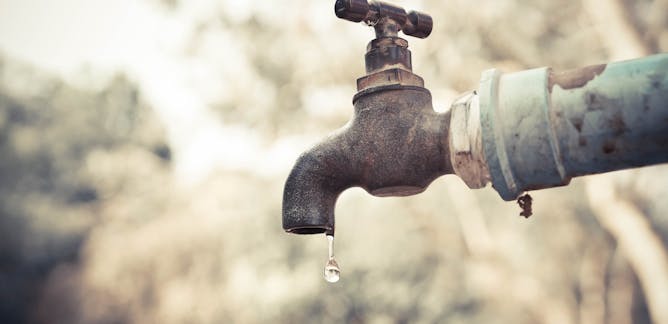
Kevin Winter, University of Cape Town
South Africa is a water stressed country but crisis point can be avoided.
| |
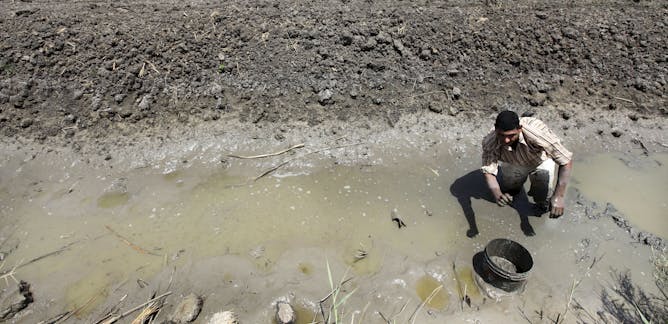
George Joffe, King's College London
At present, the Middle East and North African region contains 7% of the world's population but only has access to 1.5% of its renewable freshwater supply through rainfall.
|
|
|